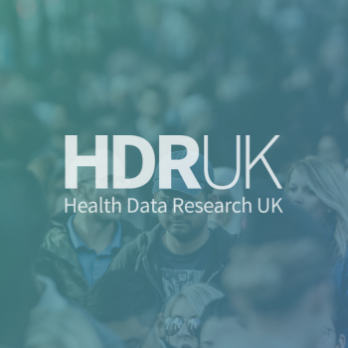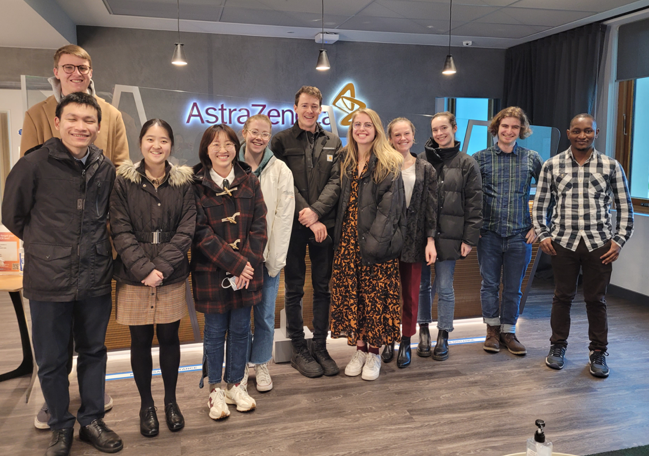Hanane Issa
Health data science PhD student at The University of Edinburgh
Hanane Issa brings together diverse experience and multiple areas of interest as part of the 2023 intake for the HDRUK-Turing Wellcome PhD Programme. Here she tells us about herself, her background and her motivations.

Tell us a bit about yourself
Overall, my experience has been guided by scientific curiosity and a thirst for learning.
I hold a BSc in biology from the American University of Beirut, a MSc in epidemiology from the London School of Hygiene and Tropical Medicine, and a MSc in health data science from University College London. For my epidemiology dissertation, I studied the association between herpesvirus infections and atopic diseases in children using logistic regression models. For my health data science dissertation, I focused on causal inference and emulated a target trial for the effect of ARB/ACEi therapy on NAFLD risk in patients with hypertension and obesity using linked electronic health records. I compared statistical methods including cox regression, pooled logistic regression with inverse probability weighting, and target maximum likelihood estimation.
Throughout my academic journey, I had the opportunity to work with the World Health Organization as an epidemiology intern and subsequently consultant on missed opportunities for vaccination, analysing data to uncover barriers to timely and complete routine vaccination. I also supported COVID-19 vaccine effectiveness efforts, creating and maintaining a database for the landscaping of ongoing/planned VE and impact studies. This helped us highlight knowledge gaps at the time, and further explore analyses of interest such as risk of bias assessment consistency and hybrid immunity.
After completing my MSc at UCL, I took up a position as a research assistant in the computational medicine lab at the Institute of Health Informatics, focusing on refining rare disease estimates with EHR data and finding ways to bridge the gap between medical terminologies such as SNOMED-CT and ICD10 with different granularities.
I am excited to start my journey in the HDR UK-Wellcome Trust PhD programme in Health Data Science based at the University of Edinburgh.
How did you learn about this programme?
It was recommended to me by professors and colleagues during my time at the UCL Institute of Health Informatics.
What are your hopes for the PhD?
I hope to work on intellectually stimulating and clinically useful cross-university projects that can combine and go beyond the skills I’ve gained so far. I hope to learn more about explainable, sustainable, and ethical approaches to AI.
Broadly speaking, I am interested in research at the intersection of machine learning and early disease detection and diagnosis, particularly for complex disease such as cancer ones. I am currently learning about multimodal data integration, knowledge graphs, and graph neural networks. It’s really fun, and the applications in biomedicine are exciting!
What does your future hold?
My career goal is to become an independent biomedical data science researcher specialising in developing and applying machine learning techniques that can have tangible and transformative positive impacts for the betterment of cancer patient outcomes.
I would like to be open-minded about potential opportunities that I will get once I complete my PhD. For example, I would be interested to see what working in the industry is like, as I have not tried that before. As long as it’s a path that allows me to conduct the research I’m interested in, channel my scientific curiosity and creativity, and improve healthcare, then I’m more than happy to see where it takes me.

